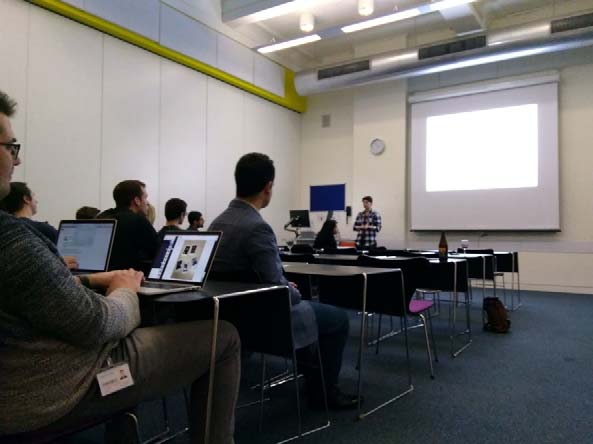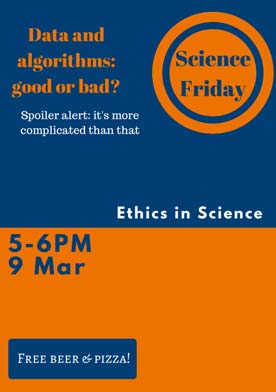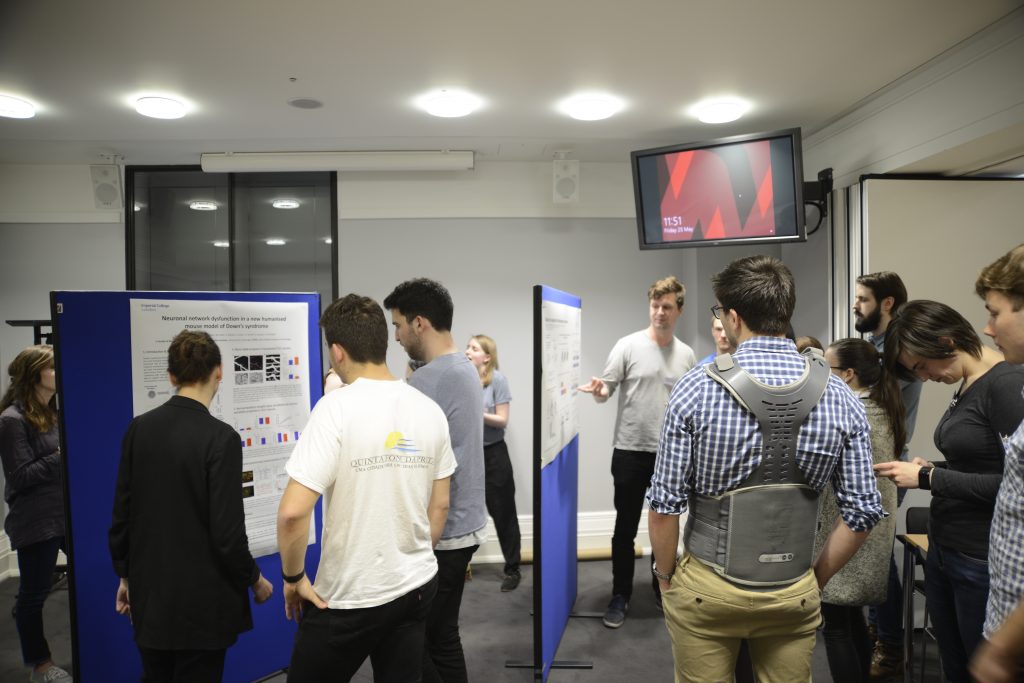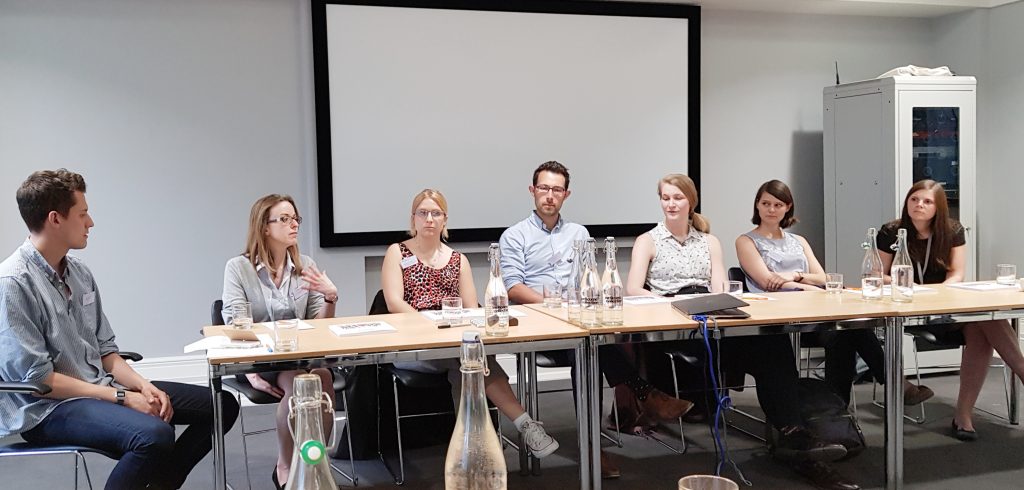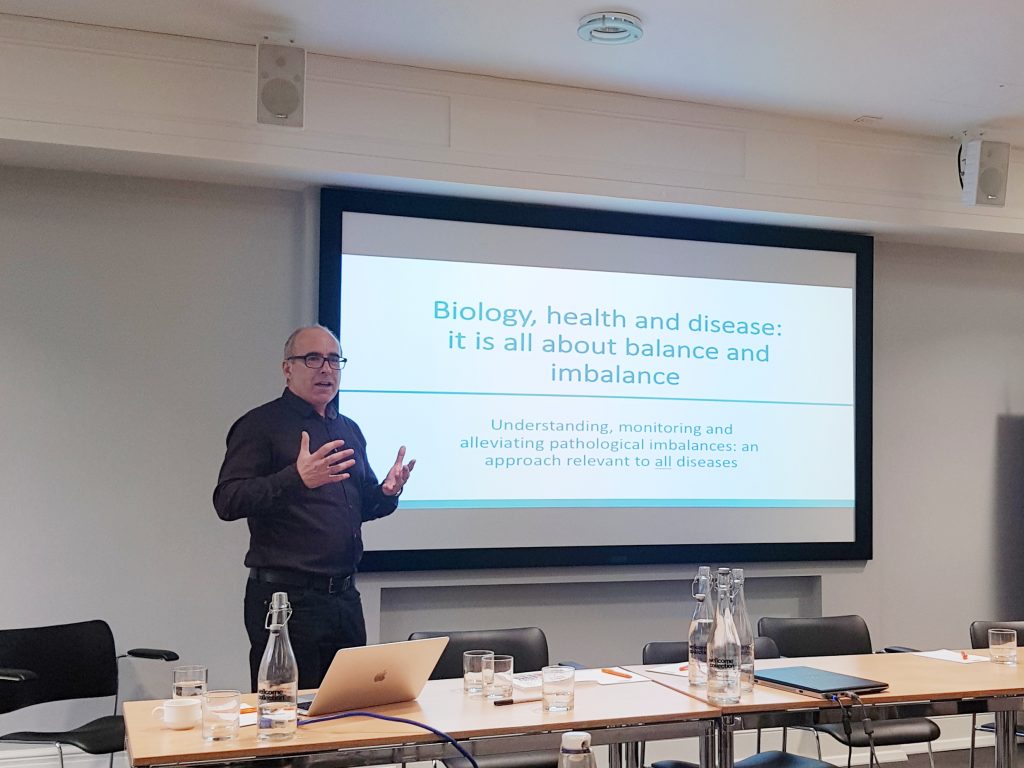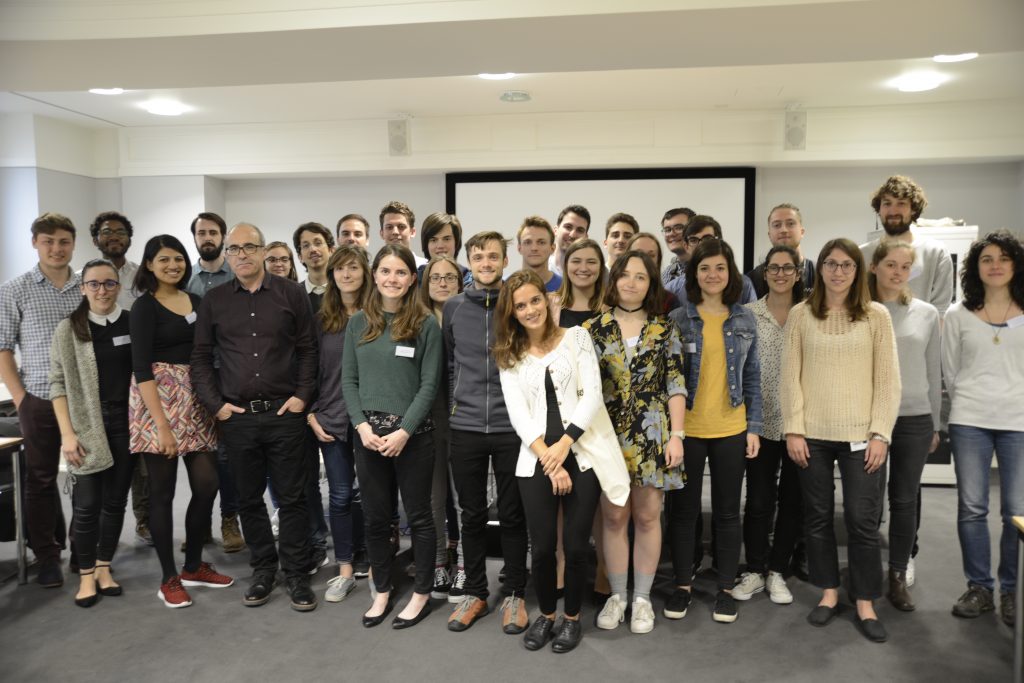Football at the Molecular Science Research Hub
5-aside football at Imperial’s new White City Campus takes place very Wednesday lunch time between 12 and 1pm at PlayFootball Shepherds Bush, just A 5-minute walk away. The first event took place on the 7th November and will continue for 10 weeks. The aim of this event was to facilitate activity and departmental communication between staff, PhD students and masters students across all floors of the new Molecular Sciences Research Hub.
This summer, the Chemistry department was the first to move to the new White City Campus. The new building was designed to foster a sense of communication within the department and as the campus is still in development, there are currently little or no social areas, activity / sports spaces. With help from the graduate school and a local company, PlayFootball Shepherds Bush, we were able to negotiate 2 discounted 5-aside football pitches to provide fun, competitive and free exercise.
The turnout has been fantastic with over 70 people on the mailing list, all wanting to play. Players have come from a range of research groups from various sizes and a strong sense of community and appreciation for the project has been felt. As of this blog, 2 weeks of football have been played and we have been lucky enough to have had some great weather. Each session we have had 4 randomly picked teams with 2 games on each pitch lasting 30 minutes, winners playing winners and losers playing losers. The randomly picked teams have bonded a range of department members together from young MSci students to academic members of staff, both male and female. After the games, MSRHs new showers have also truly been put to the test…
At the end of the 10 weeks, we will have an awards ceremony congratulating all players for their effort, networking, and improved fitness and football skills. Due to the project’s initial success, we are considering alternative funding options for the future and would not have been able to start this project without the help of the Graduate School.
5 aside football at MSRH is open to all members of Imperial College London and welcomes all skill levels. Please email r.strutt17@ic.ac.uk to be added to the mailing list.

Members of MSRH football, Rob Strutt and Mohit Devgan, organisers, in the centre (wearing trousers!). Advert distributed on screens around department.









